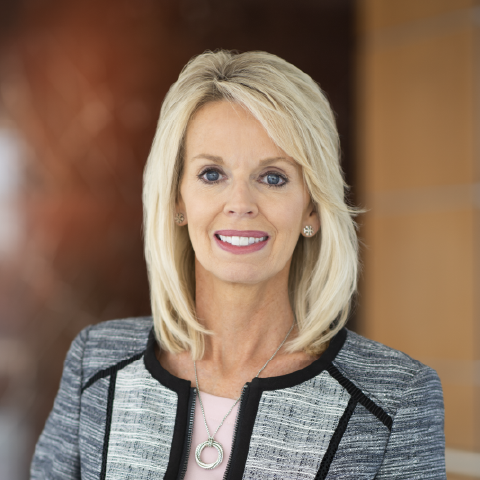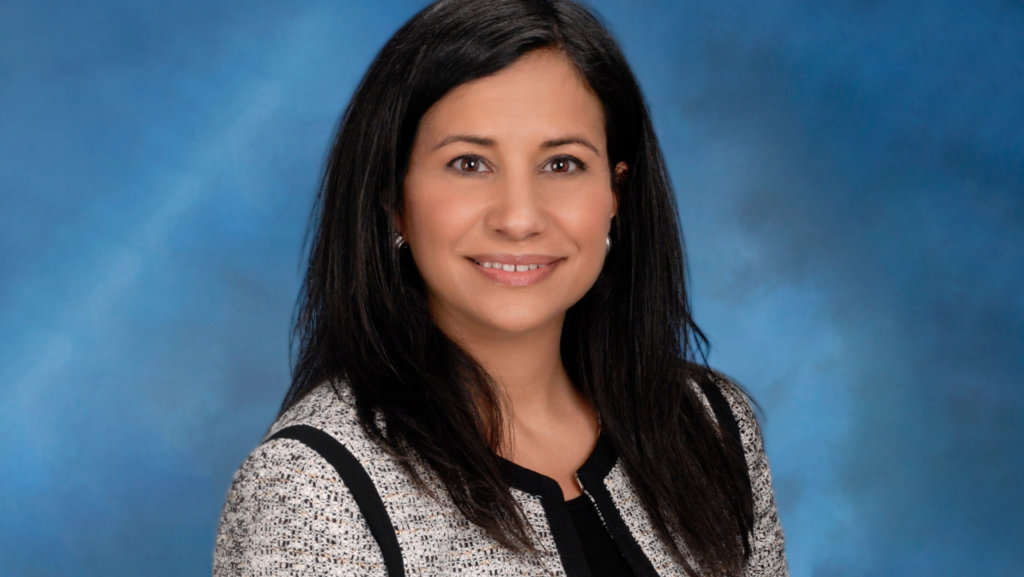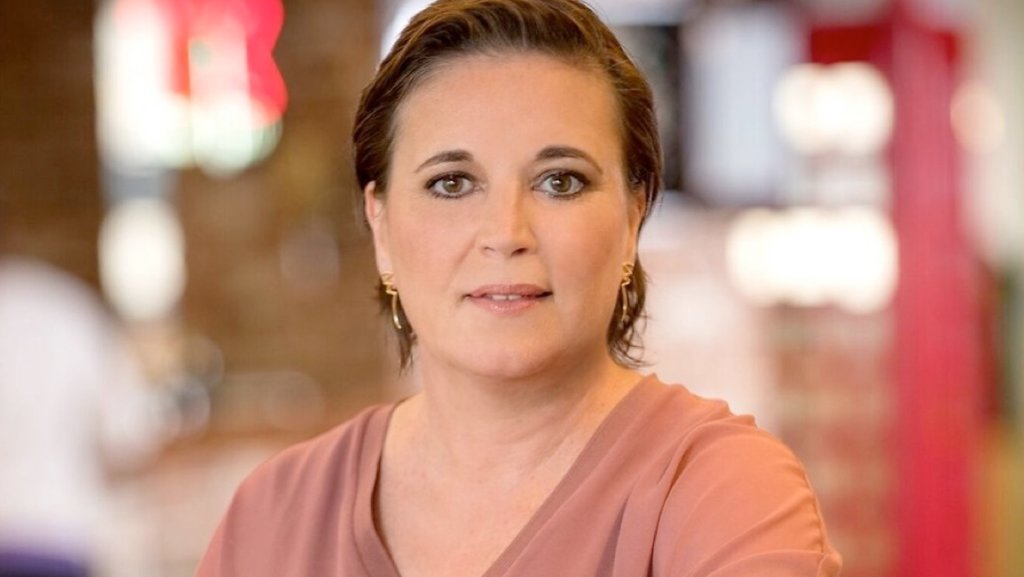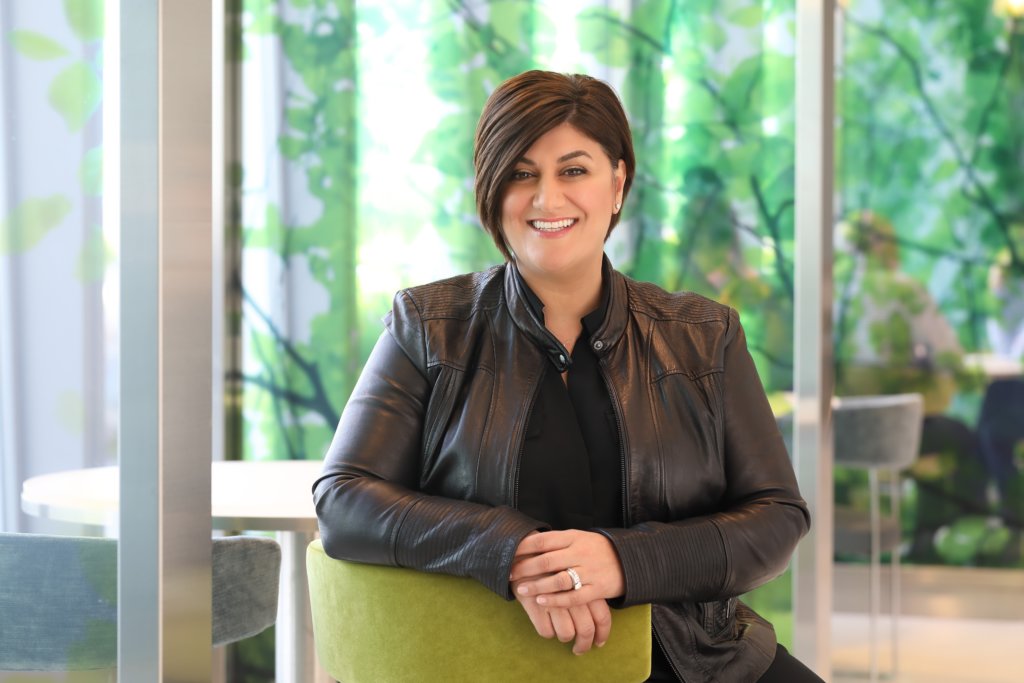
The challenges we face in this profound, unprecedented time with the concurrent crises of the pandemic and its economic impact, along with the surge of emotion around the country following the recent unjust death of George Floyd, are all intertwined. Brands and marketers have to consider more than ever how they’re going to show up in ways that really matter.
Ford has a 117-year history as the American people’s brand. We take that responsibility very seriously. For us, the challenges we are now facing combine to demand solutions that can be uniquely addressed by who we are as a company and our history of stepping up in time of need.
With the pandemic, for example, we immediately focused on what it could mean for our current and potential future customers. It was second nature for us to quickly pivot to how we could offer real help and for our advertising to change to reflect that and ensure we weren’t being tone deaf. Our marketing team swiftly altered our advertising away from new vehicle sales to ways we could help. With our Built to Lend A Hand program, we activated a tool we have in the tool box with Ford Motor Credit Company, our financial services company, that provides payment extensions for customers in need in times of natural disasters. We received an overwhelming response from our customers. Once unemployment started increasing with Shelter in Place, we knew we needed to do even more for our customers. The marketing team built on the Built to Lend a Hand platform and offered payment deferrals and paid up to 3 payments for new car buyers and those deemed essential that needed transportation. In parallel, and in concert with our talented engineers and UAW workforce, we were manufacturing face shields by March 23rd. This all happened in a matter of days. Then we went on to making masks and partnering with GE to make ventilators s, then PAPRs and even hospital gowns made from materials we use in our airbags.
When the protests began, the answers didn’t come as automatically but were equally important. For us, social justice is not a brand issue. It has to be about the actions, not the words and it requires solutions. Ford has done a great deal to create opportunity and inclusion for all going all the way back to doubling our workers’ wages to $5 a day in 1914, and where we choose to locate our plants. It’s important for us to support in every way we can, that means inside our company and through our people and the Ford Fund, in Southeast Michigan and everyplace we call home.
Our response to these challenges all intersects with the work we’re doing with SeeHer and SeeAll, the platform for the Alliance for Inclusive and Multicultural Marketing (AIMM). In marketing and advertising it’s not just having diversity represented in your advertising but also diversity in the creative process and behind the camera to ensure the work is culturally relevant. We all have more work to do here but it is something I am passionate about continuing to drive.
All of these challenges give us the opportunity to interrogate what we’re doing to be sure we are showing up in the right way, a way that matters for all of our constituents.
The ultimate goal is for us not to need SeeHer or SeeAll. I have two daughters and I want them to grow up in an environment where they and everyone in our country are given the same opportunities and for them to be inclusive and respectful of all people. I recognize that may seem a little Pollyanna-ish with where we are as a country, but we must continue working towards that future.


